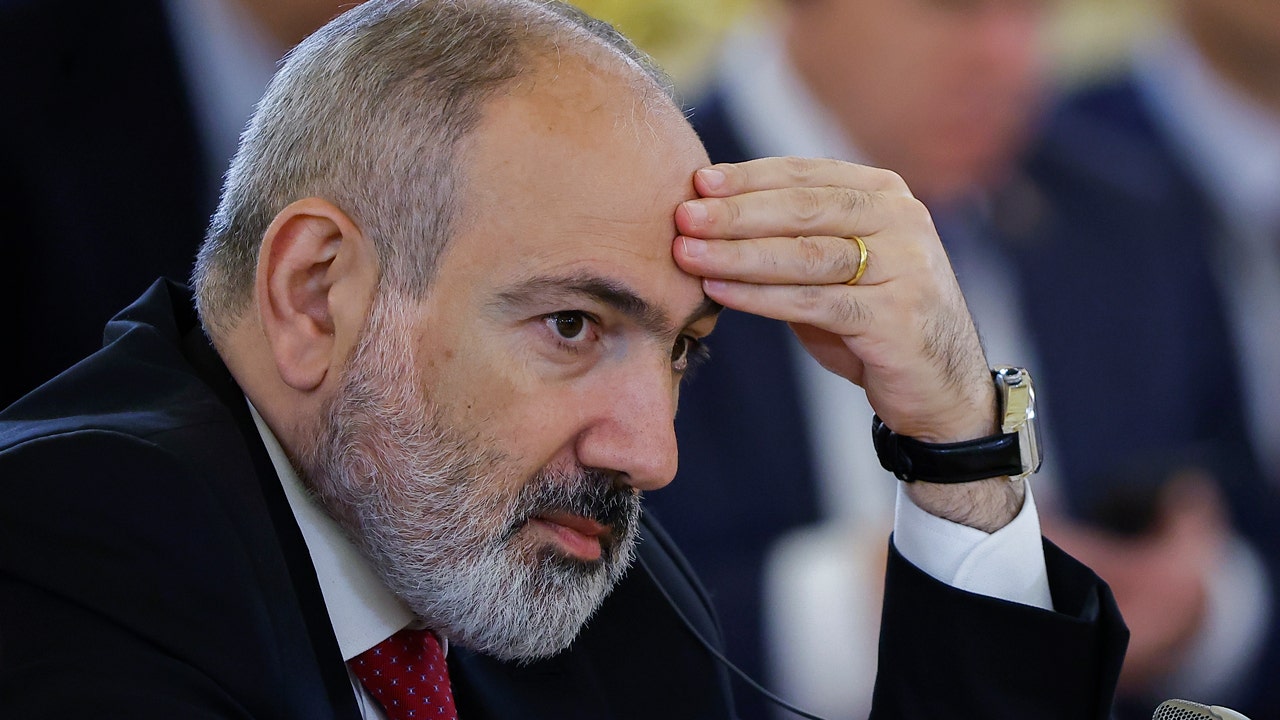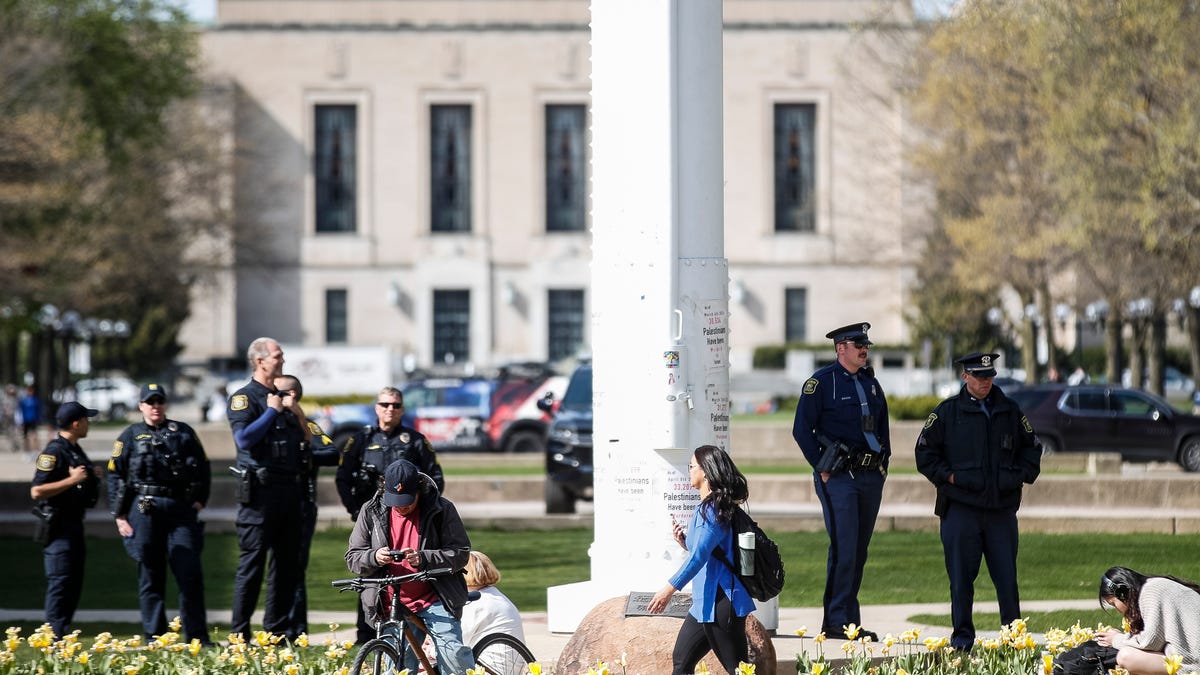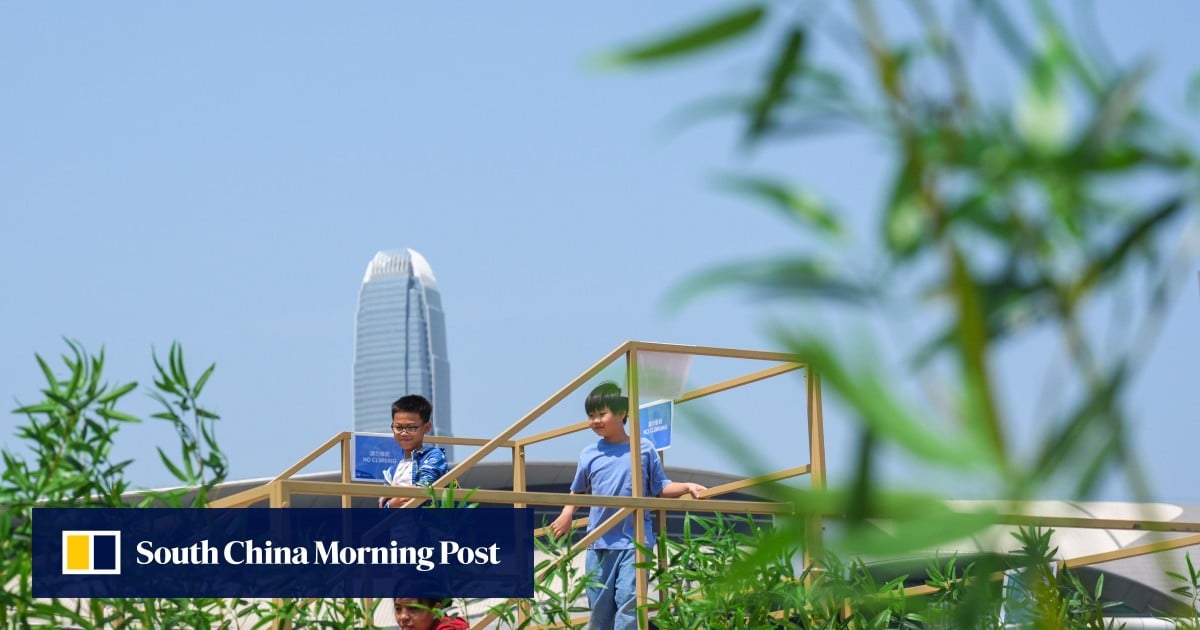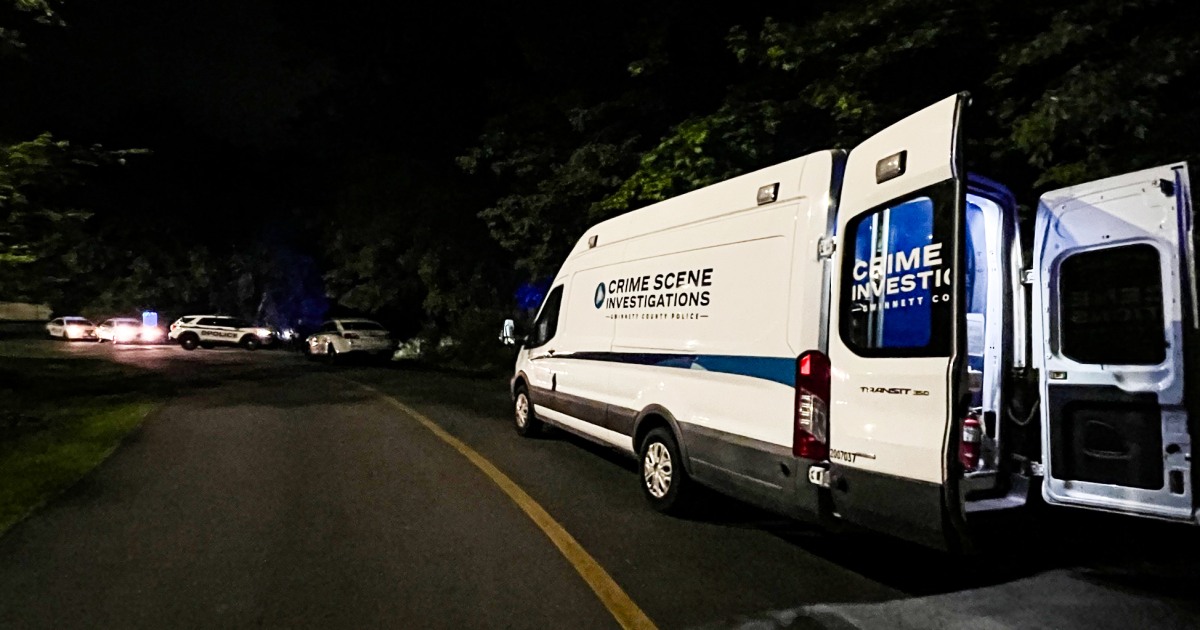- Siam Motors in talks with Chinese groups about partnerships-exec
- Chinese EV makers have invested $1.44 bln since 2020
- EVs growing rapidly as proportion of car sales in Thailand
World
China-led EV boom in Thailand threatens Japan’s grip on key market
/cloudfront-us-east-2.images.arcpublishing.com/reuters/ZM7GVD6UJFIZPNLCHS4EU7IUGA.jpg)
BANGKOK, July 10 (Reuters) – Thailand’s Siam Motors partnered with Nissan Motors (7201.T) in 1962 with a factory that rolled out four cars a day, leading to a profitable, decades-long relationship with Japanese companies that transformed it from a car dealer to an automotive pioneer.
But the Thai family-owned group that has grown annual revenues to $7 billion on the back of that success is now looking at opportunities elsewhere.
Siam Motors is in talks with several Chinese automakers about potential partnerships, particularly for high-end electric vehicles, vice president Sebastien Dupuy said in an interview, referring to previously unreported discussions.
“EVs will be a nice pocket of growth,” he said. “There is a market growing for that, and we want to capture the growth.”
Siam Motors’ position reflects a rapid shift underway in Thailand, where Chinese investments worth $1.44 billion since 2020 – including by BYD (002594.SZ) and Great Wall Motor (601633.SS) – have opened a new front in a market Japanese automakers historically dominated.
Close on the heels of a sales crisis in China, Japanese automakers now face a battle for another key Asian market because of what has been a go-slow approach to EVs, according to registration data, industry officials and analysts.
The Chinese wave is already beginning to reshape Thailand’s auto industry, as EV makers from China bring in their suppliers and local Thai firms – including those with longstanding links to Japanese companies, like Siam Motors – seek new partnerships.
Thailand is Southeast Asia’s largest car producer and exporter, and its second-largest sales market after Indonesia. Japanese automakers are so dominant that for decades they have treated it almost as an extension of their home market.
But China surpassed Japan as Thailand’s top foreign investor last year, boosted by BYD’s investment in a new plant set to start up in 2024, amid concerted efforts by Thai officials to draw Chinese EV producers.
Thailand’s transition offers a test case for other economies as Chinese automakers ramp up exports and build overseas production hubs, partly in response to a hypercompetitive home market for electric cars.
In Europe, for example, where policies to support local EV production are still taking shape, Chinese automakers are also making a major push in a market where EVs now account for almost a fifth of overall sales.
CHINA VS. JAPAN
Bangkok resident Pasit Chantharojwong drove a Toyota Corolla for a decade and a half before switching to Great Wall’s Ora Good Cat this year.
“I’ll never go back to a combustion-engine car again,” said the 55-year-old teacher, who also drives part-time for a ride-hailing service.
Of the nearly 850,000 new cars registered in Thailand last year, only around 1% were EVs, according to government data. But between January and April this year, that proportion rose to more than 6%.
BYD is now the market leader, followed by China’s SAIC (600104.SS) and Hozon and U.S. automaker Tesla (TSLA.O), according to registration data showing 18,481 EVs sold between January and April.
More than 7,300 of those were BYD cars. Only 11 newly registered EVs this year came from Toyota (7203.T), Thailand’s dominant brand that along with its partner Isuzu (7202.T) and Honda (7267.T) accounted for almost 70% of overall car and truck sales last year in Thailand.
Hajime Yamamoto, a principal at Nomura Research Institute’s consulting division in Thailand, said Chinese brands could take at least 15 percentage points of share from Japan over the next decade by delivering affordable EVs.
“The Japanese are only able to target some of the premium segments,” Yamamoto said.
Toyota, which alongside its group companies has invested nearly $7 billion in Thailand over the last decade and employs some 275,000 people, told Reuters in a statement that it is considering EV production in the country – its first official confirmation.
Toyota said it has taken 3,356 bookings so far for the electric bZ4X, which it began selling in Thailand last year.
It has also signalled an electric pickup truck is coming, but Goldman Sachs said in a note last month that “there is a growing need for them to consider other product segment expansion.”
GOVERNMENT PUSH
By 2030, Thailand aims to convert around 30% of its annual production of 2.5 million vehicles into EVs with ambitions to become the main regional production hub, for which it is aggressively pursuing investment.
Thailand’s pitch to Chinese EV makers has been its existing supply base – built largely for Japanese automakers – and readiness to provide incentives.
These include lower tariffs on imports on the condition of subsequent local assembly and some tax breaks for EV manufacturing.
“We realise that if we would like to be the EV hub of the region, we cannot only build the car assembly industry,” said Thailand’s Board of Investment Secretary General Narit Therdsteerasukdi, who has travelled multiple times to China in recent months.
“We need to strengthen the whole ecosystem of EVs.”
The BOI has approved 14 projects by 13 companies, representing an annual production capacity of 276,640 EVs as of May 31.
Great Wall selected Thailand as a regional hub for EVs because of the country’s strong infrastructure, supplier and talent base, alongside its growth potential, said Narong Sritalayon, managing director of its Thailand arm.
“You want to penetrate into a market that has purchasing power and will be able to support your growth plans in the future, especially in a new business like electric vehicles,” he said.
($1 = 35.2000 baht)
Additional reporting by Chayut Setboonsarng in Bangkok and Daniel Leussink in Tokyo; Editing by Kevin Krolicki and Jamie Freed
Our Standards: The Thomson Reuters Trust Principles.

Continue Reading
World
Heartbreak High Renewed for Third and Final Season at Netflix

ad
World
Protesters demand Armenian prime minister's resignation after border villages ceded to Azerbaijan

Thousands of protesters gathered Thursday in the Armenian capital, Yerevan, to demand the resignation of Prime Minister Nikol Pashinyan over his government’s decision to hand over control of border villages to Armenia’s long-time rival Azerbaijan.
Armenia and Azerbaijan have fought two wars since the Soviet Union collapsed and Armenia said in April that it would return the villages to Azerbaijan. That decision came after Azerbaijan in September waged a lightning military campaign in Nagorno-Karabakh, a majority ethnic Armenian region inside Azerbaijan. That caused tens of thousands of people to stream into Armenia, sparking demonstrations as protesters called for the prime minister to be ousted.
Protesters led by a senior cleric in Armenia’s church walked a distance of around 100 miles from villages near the border with Azerbaijan to Yerevan where they gathered Thursday in Republic Square.
ARMENIA’S PRIME MINISTER IN RUSSIA FOR TALKS AMID STRAIN IN TIES
Videos shared on social media showed thousands of people waving Armenian flags. A senior Armenian cleric said a prayer and told the protesters he gave Pashinyan one hour to resign, blaming him for the loss of Armenian territory.
Archbishop Bagrat Galstanyan told protesters they should “engage in peaceful acts of disobedience,” if Pashinyan did not listen to their demands.
Pashinyan visited Moscow Wednesday and held talks with Russian President Vladimir Putin amid spiraling tensions between the estranged allies. The meeting took place a day after Putin began his fifth term at a glittering Kremlin inauguration which the Armenian leader did not attend.
Armenian Prime Minister Nikol Pashinyan attends a meeting of the Supreme Eurasian Economic Council of the Eurasian Economic Union at the Kremlin in Moscow, Russia, on Wednesday, May 8, 2024. (Evgenia Novozhenina/Pool Photo via AP)
Putin’s spokesperson Dmitry Peskov was quoted Thursday by Russian state news agency Tass as saying the two leaders had agreed to the removal of Russian forces from some Armenian regions.
In brief remarks at the start of the talks, Putin said that bilateral trade was growing, but acknowledged “some issues concerning security in the region.”
Pashinyan, who last visited Moscow in December, said that “certain issues have piled up since then.”
Armenia’s ties with Russia, a longtime sponsor and ally, have grown increasingly strained after Azerbaijan waged its military campaign in September to reclaim the Karabakh region, ending three decades of ethnic Armenian separatists’ rule there.
Armenian authorities accused Russian peacekeepers who were deployed to Nagorno-Karabakh after the previous round of hostilities in 2020 of failing to stop Azerbaijan’s onslaught. Moscow, which has a military base in Armenia, has rejected the accusations, arguing that its troops didn’t have a mandate to intervene.
The Kremlin, in turn, has been angered by Pashinyan’s efforts to deepen ties with the West and distance his country from Moscow-dominated security and economic alliances.
While Pashinyan was visiting Moscow, Armenia’s foreign ministry announced that the country will stop paying fees to the Collective Security Treaty Organization, a Russia-dominated security pact. Armenia has previously suspended its participation in the grouping as Pashinyan has sought to bolster ties with the European Union and NATO.
Russia was also vexed by Armenia’s decision to join the International Criminal Court, which last year indicted Putin for alleged war crimes connected to Russia’s actions in Ukraine.
Moscow, busy with the Ukrainian conflict that has dragged into a third year, has publicly voiced concern about Yerevan’s westward shift but sought to downplay the differences.
Kremlin spokesman Peskov conceded Tuesday that “there are certain problems in our bilateral relations,” but added that “there is a political will to continue the dialogue.”
World
Ukraine’s Zelenskyy fires head of state guard over assassination plot

Ukrainian state security said earlier this week that they unearthed an assassination plot including two state guards.
Ukrainian President Volodymyr Zelenskyy has fired the head of the state guards following allegations that two members were involved in a plot to assassinate the embattled Ukrainian head of state.
Zelenskyy dismissed former leader of the state guards Serhiy Rud on Thursday, after the state security service (SBU) said earlier this week that it had unearthed an assassination plot against Zelenskyy and other important officials. A successor for Rud has yet to be named.
The SBU said that the assassinations were meant to be a “gift” for Russian President Vladimir Putin as he was sworn in for a new term in office on Tuesday.
The SBU said that the two men, both colonels in the state guard, had planned to take Zelenskyy hostage and later kill him.
Other key officials, including SBU head Vasyl Maliuk and Kyrylo Budanov, the military intelligence agency’s head, were also said to be targets of the failed effort.
Moscow has not commented on the allegations by the SBU, which alleged that the two bodyguards had passed on sensitive information to the FSB, Russia’s security service.
It is not the first assassination effort that the Ukrainian leader has faced down, stating last year that at least five Russian plots have been foiled since the war began.
Zelenskyy’s administration has faced growing difficulties in recent months, and has shaken up some key staffing positions as progress in the country’s war against Russia stalls out and officials face accusations of corruption.
In February, Zelenskyy named Oleksandr Syrskyii as the new army chief after dismissing General Valerii Zaluzhny from the position.
-

 World1 week ago
World1 week agoStrack-Zimmermann blasts von der Leyen's defence policy
-

 Politics1 week ago
Politics1 week agoStefanik hits special counsel Jack Smith with ethics complaint, accuses him of election meddling
-

 Politics1 week ago
Politics1 week agoThe White House has a new curator. Donna Hayashi Smith is the first Asian American to hold the post
-

 Politics1 week ago
Politics1 week agoDemocratic mayor joins Kentucky GOP lawmakers to celebrate state funding for Louisville
-

 World1 week ago
World1 week agoTurkish police arrest hundreds at Istanbul May Day protests
-

 News1 week ago
News1 week agoVideo: Police Arrest Columbia Protesters Occupying Hamilton Hall
-

 Politics1 week ago
Politics1 week agoNewsom, state officials silent on anti-Israel protests at UCLA
-

 News1 week ago
News1 week agoPolice enter UCLA anti-war encampment; Arizona repeals Civil War-era abortion ban


















